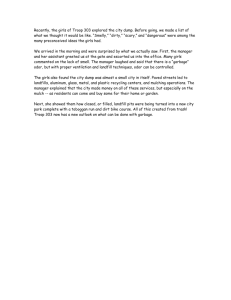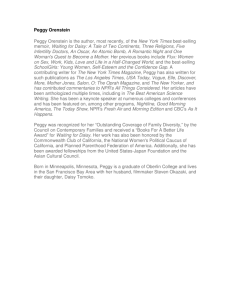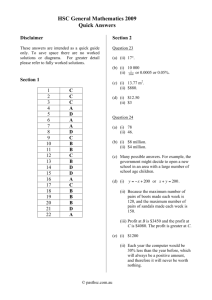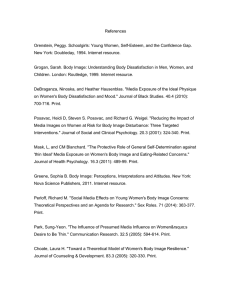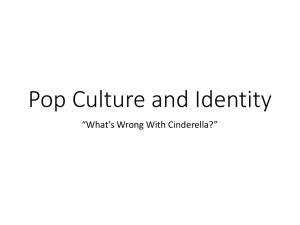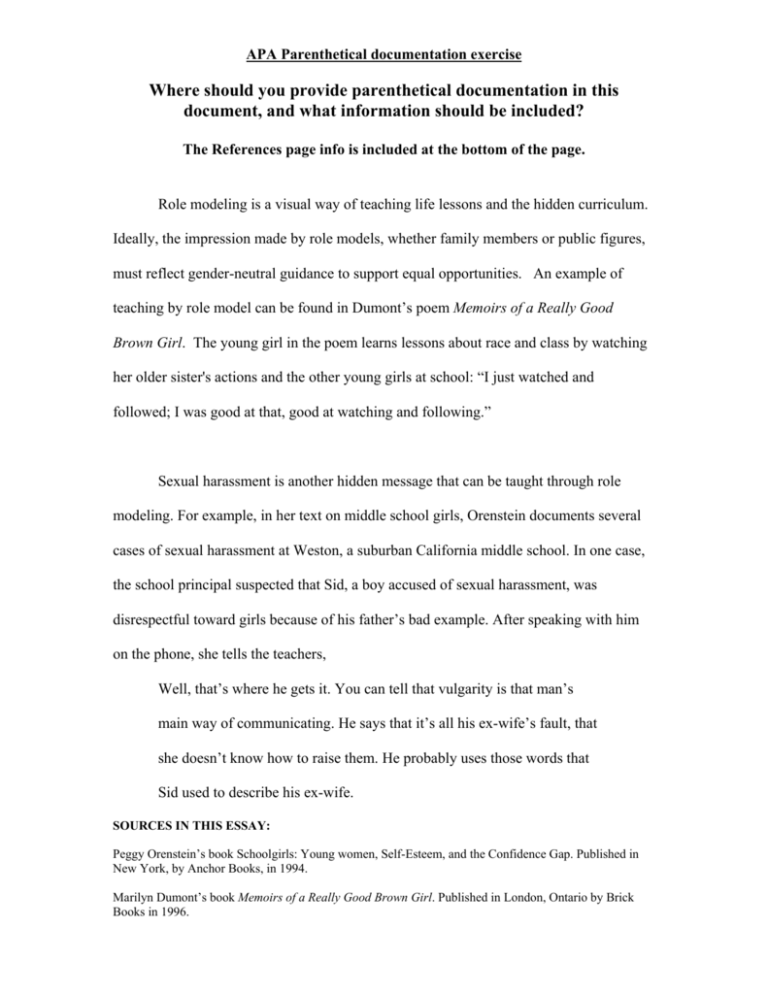
APA Parenthetical documentation exercise
Where should you provide parenthetical documentation in this
document, and what information should be included?
The References page info is included at the bottom of the page.
Role modeling is a visual way of teaching life lessons and the hidden curriculum.
Ideally, the impression made by role models, whether family members or public figures,
must reflect gender-neutral guidance to support equal opportunities. An example of
teaching by role model can be found in Dumont’s poem Memoirs of a Really Good
Brown Girl. The young girl in the poem learns lessons about race and class by watching
her older sister's actions and the other young girls at school: “I just watched and
followed; I was good at that, good at watching and following.”
Sexual harassment is another hidden message that can be taught through role
modeling. For example, in her text on middle school girls, Orenstein documents several
cases of sexual harassment at Weston, a suburban California middle school. In one case,
the school principal suspected that Sid, a boy accused of sexual harassment, was
disrespectful toward girls because of his father’s bad example. After speaking with him
on the phone, she tells the teachers,
Well, that’s where he gets it. You can tell that vulgarity is that man’s
main way of communicating. He says that it’s all his ex-wife’s fault, that
she doesn’t know how to raise them. He probably uses those words that
Sid used to describe his ex-wife.
SOURCES IN THIS ESSAY:
Peggy Orenstein’s book Schoolgirls: Young women, Self-Esteem, and the Confidence Gap. Published in
New York, by Anchor Books, in 1994.
Marilyn Dumont’s book Memoirs of a Really Good Brown Girl. Published in London, Ontario by Brick
Books in 1996.
PLEASE PUT THE FOLLOWING THREE SOURCES INTO A
PROPERLY FORMATTED “REFERENCES” PAGE, USING YOUR APA
DOCUMENTATION HANDOUTS.
1. Peggy Orenstein’s book “Schoolgirls: Young women, Self-Esteem, and the
Confidence Gap”. Published in New York, by Anchor Books, in 1994.
2. Diane Reay, ‘Spice Girls, ‘Nice Girls’, ‘Girlies’, and Tomboys’: Gender discourses,
girls’ cultures and femininities in the primary classroom. Printed in The
RoutledgeFalmer Reader in Gender and Education, edited by Madelein Arnot and
Mairtin Mac an Ghaill. Publisher=Routledge in London and New York, 2006. Pages
117 to 130.
3.




